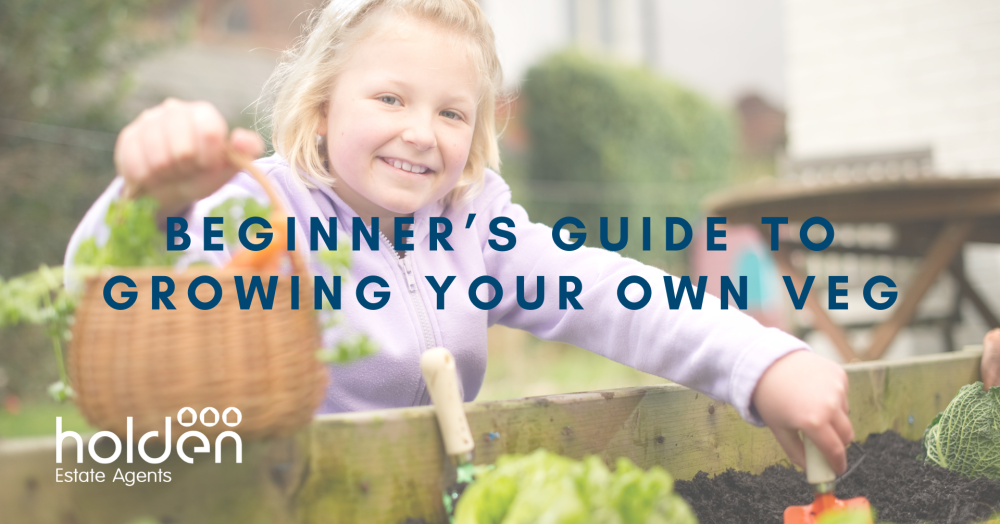Growing your own veg might sound like a lot of work, but it’s actually a great way to save money and enjoy a healthier diet. And as this month is Organic September, there’s no better time to dig out that trowel and start sowing some seeds.
Growing your own veg might sound like a lot of work, but it’s actually a great way to save money and enjoy a healthier diet. And as this month is Organic September, there’s no better time to dig out that trowel and start sowing some seeds.
Organic September is 30 days dedicated to chemical-free, totally natural, eco-friendly farming. Its aim is to raise awareness of why buying organic produce can really make a difference to the climate. So, what better place to start than your own garden/herb pots/windowsill?
This quick read is your beginner’s guide to growing your own winter veg.
Why organic?
According to the people behind
Go Organic UK, choosing organic products (or growing your own) is kinder to the planet, better for wildlife and helps you to enjoy food just as it should be.
Whether you choose to plant a tomato tower or switch to buying organic tomatoes, just one tiny change helps to make a big difference.
Where to grow your veg
You don’t need a big garden or allotment to start your veggie adventure. In fact, window boxes, grow bags and pots work just as well. Make sure you choose a sunny, sheltered spot and prepare the soil by getting rid of any weeds and adding compost.
Top tip: Protect salad leaves from hungry caterpillars and other slimy creatures by keeping them indoors when you first plant them.
What to plant
Although most of what you plant this month won’t be ready until next spring, it’s still worth doing. September is the right time to plant the following:
- Spinach
- Garlic
- Broad beans
- Peas
- Radishes
- Onions
- Turnips
If you’re planting radishes, they’ll be ready to add a crunch to your salad within three to six weeks. Salad leaves can also sprout up quickly so get ready to eat well in a few weeks.
Get herby
September is a great time of year to start a herb garden. The soil is warm and damp, which is perfect for plants to get their roots down. Stick to common herbs such as bay, thyme, rosemary, chives, mint and oregano and watch them flourish.
Growing veg indoors
Lots of us don’t have the luxury of outdoor space, but we do have windows. We also have household items that can make excellent veg/herb pots. Depending on what you’re growing, you can use jugs, plastic bottles or jars to start off your indoor veg patch.
Do you grow your own veg? Let Holden Estate Agents know – comment below.

